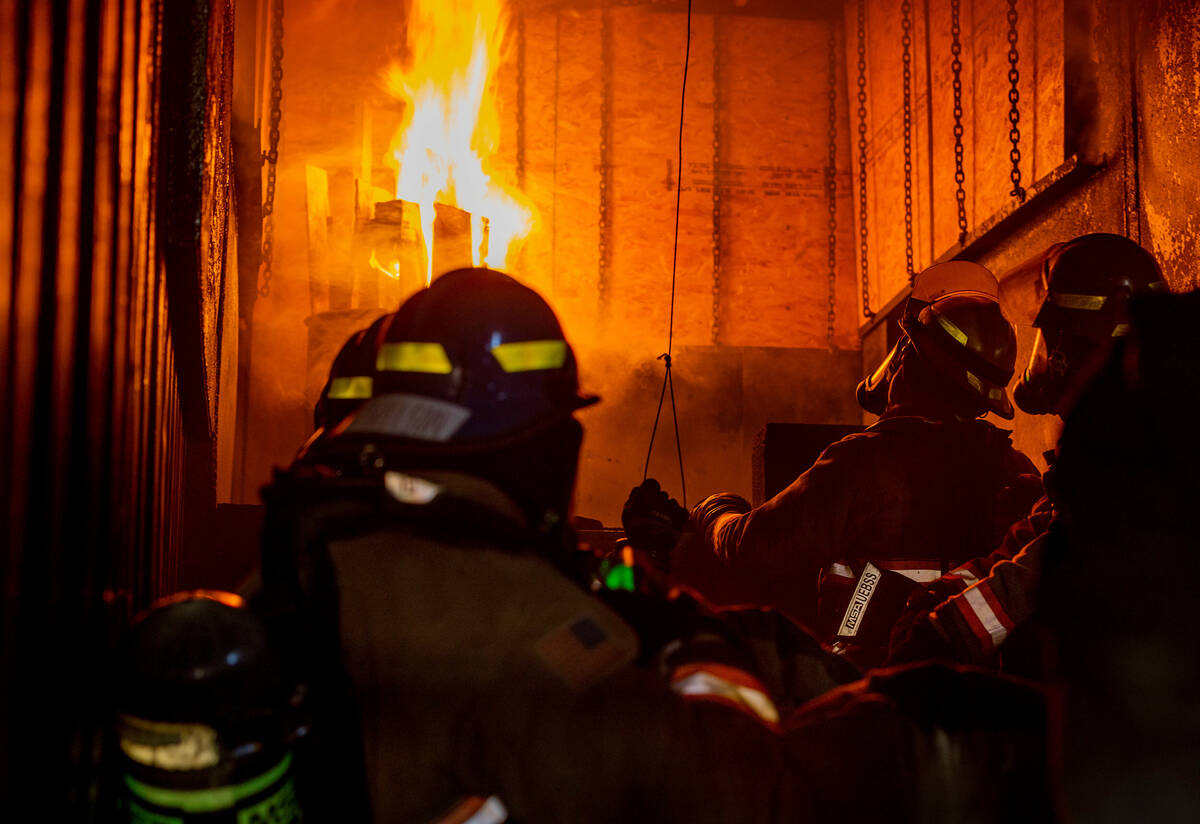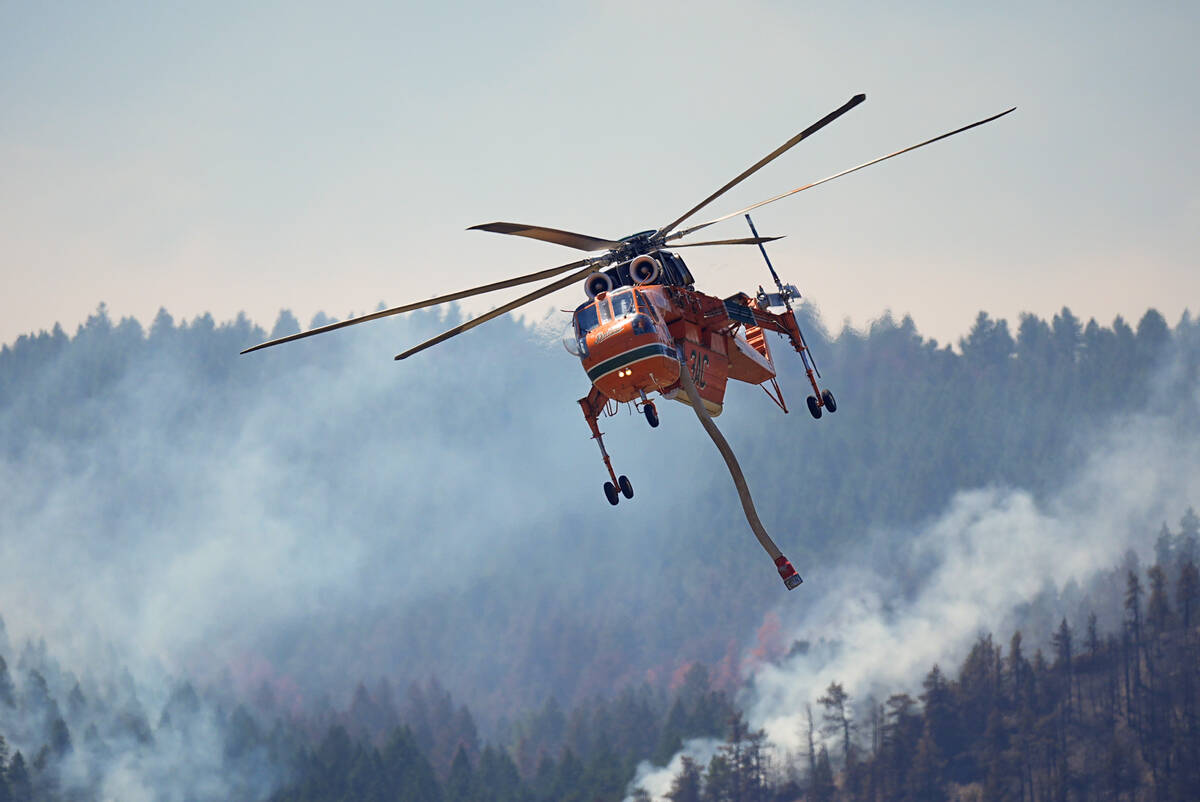Amid wildfires, Nevada faces ‘extremely concerning’ insurance crisis
An alarming number of home insurance carriers are denying new applications in Nevada — a clear indicator that the Silver State is facing a growing crisis as climate change elevates wildfire risk, state officials said.
In an interim legislative hearing on commerce and labor this week, Scott Kipper, Nevada’s insurance commissioner, said there was an increase from 264 to 481 policies that were canceled or refused renewal because of wildfire risk from 2022 to 2023. That marks a more than 80 percent increase.
Almost 5,000 applications for new homeowners insurance policies were denied for the same reason in 2023. That’s more than double what the state insurance division saw in 2022.
“The rapid escalation of Nevada home insurance cancellations is an extremely concerning development for our residents and, certainly, for the division,” Kipper told lawmakers.
An uncertain future
While Kipper said Nevada has largely been spared from widespread destruction from wildfires, science shows that the average number of days with conditions that could spur wildfires has snowballed across the state since 1973. Experts only expect Western wildfires to increase in volume and magnitude.
But that can be particularly problematic for a hesitant insurance market. Insurance companies have notified the state that they will cancel more than 4,000 policies because of wildfire risk this year alone, Kipper said.
Most of these insurer issues are taking place in Northern Nevada, with 4,731 cancellations mostly concentrated in Reno, Sparks, Verdi and Lake Tahoe. Southern Nevada has been experiencing these problems, too, with 161 policies that will be canceled in places like Pahrump and Las Vegas.
Despite this emerging issue, the market in Nevada is still profitable for insurance companies, Kipper said.
Ronda Theisen, president of a condo association in Reno called 1200 Riverside Drive, submitted comments about her community’s insurance company that canceled her policy after a kitchen fire that damaged several apartments.
Insurance premium costs increased by 700 percent with another insurance option, she said, causing the community to decide to forgo flood insurance.
“We are fighting for our community’s survival,” Theisen wrote in a letter to lawmakers. “Every day I wake up wondering if today will be the day our property values will plummet and the downward spiral will begin because insurance has made our assessments unaffordable and our apartments unsellable.”
What can be done?
The main antidote for those who are denied coverage would come in a so-called FAIR plan, a program that provides state-mandated property insurance as a last resort.
For high-risk properties, it makes it so that multiple insurance companies cover them to share the risk rather than leaving it to one private company. Nevada doesn’t have this option yet, but Kipper asked the Legislature to consider commissioning a feasibility study.
FAIR programs haven’t been executed well in states like California and Florida, lawmakers agreed. In both states, some insurance companies have begun to pull out of areas entirely because of unbridled growth in areas at the highest risk of climate-change-fueled disasters.
Some lawmakers like Assemblyman Philip O’Neill, R-Carson City, and Sen. Jeff Stone, R-Henderson, argued that homeowners associations, cities and counties should take a more active role in mitigating their fire liability before relying on the state for assistance.
“As we look at the potential set of solutions, it’s not strictly an issue of insurance,” Kipper said, agreeing that there should be a holistic response to the problem.
Contact Alan Halaly at ahalaly@reviewjournal.com. Follow @AlanHalaly on X.























